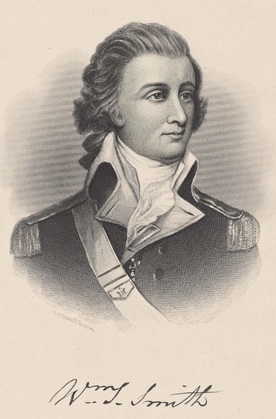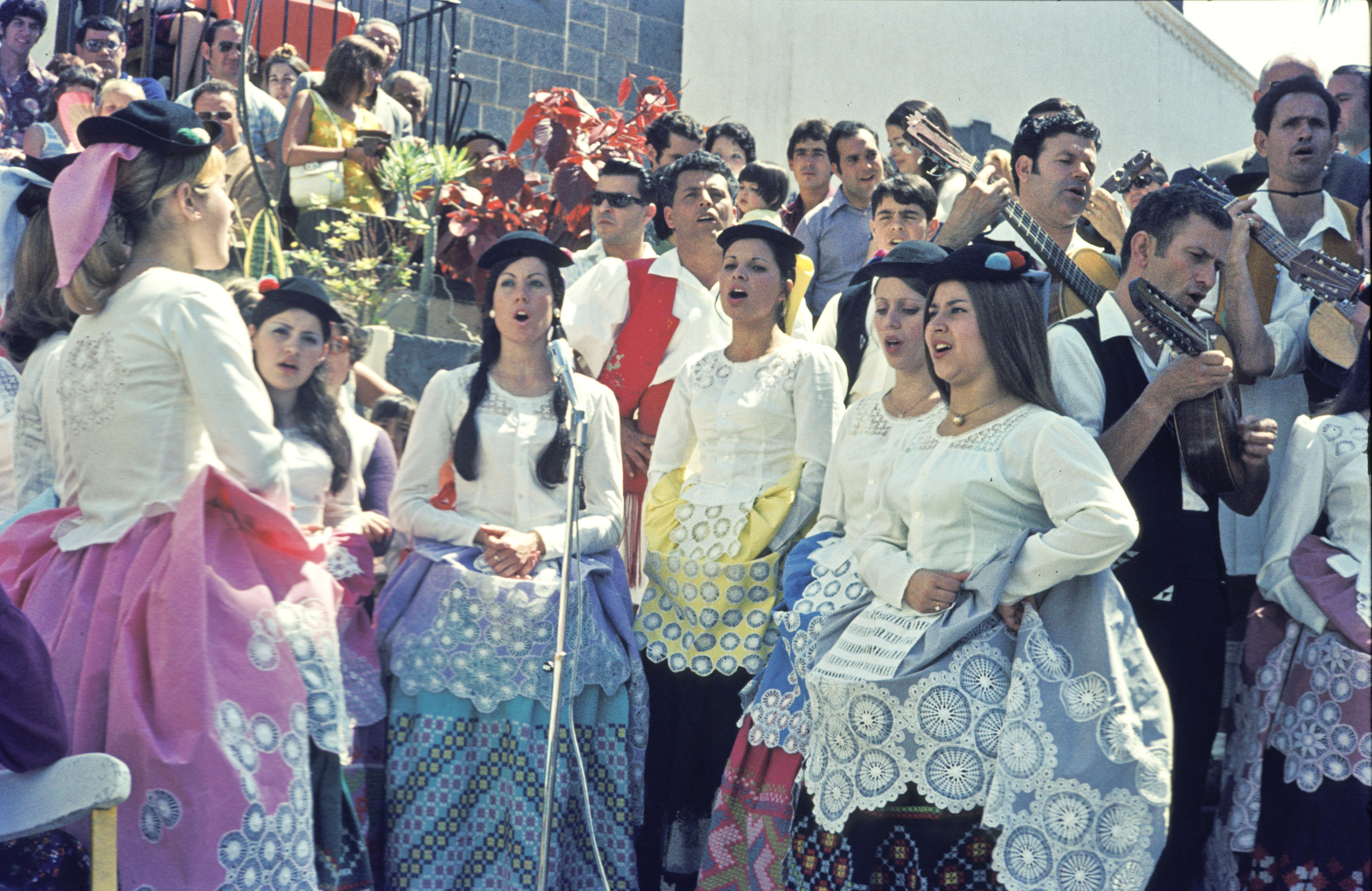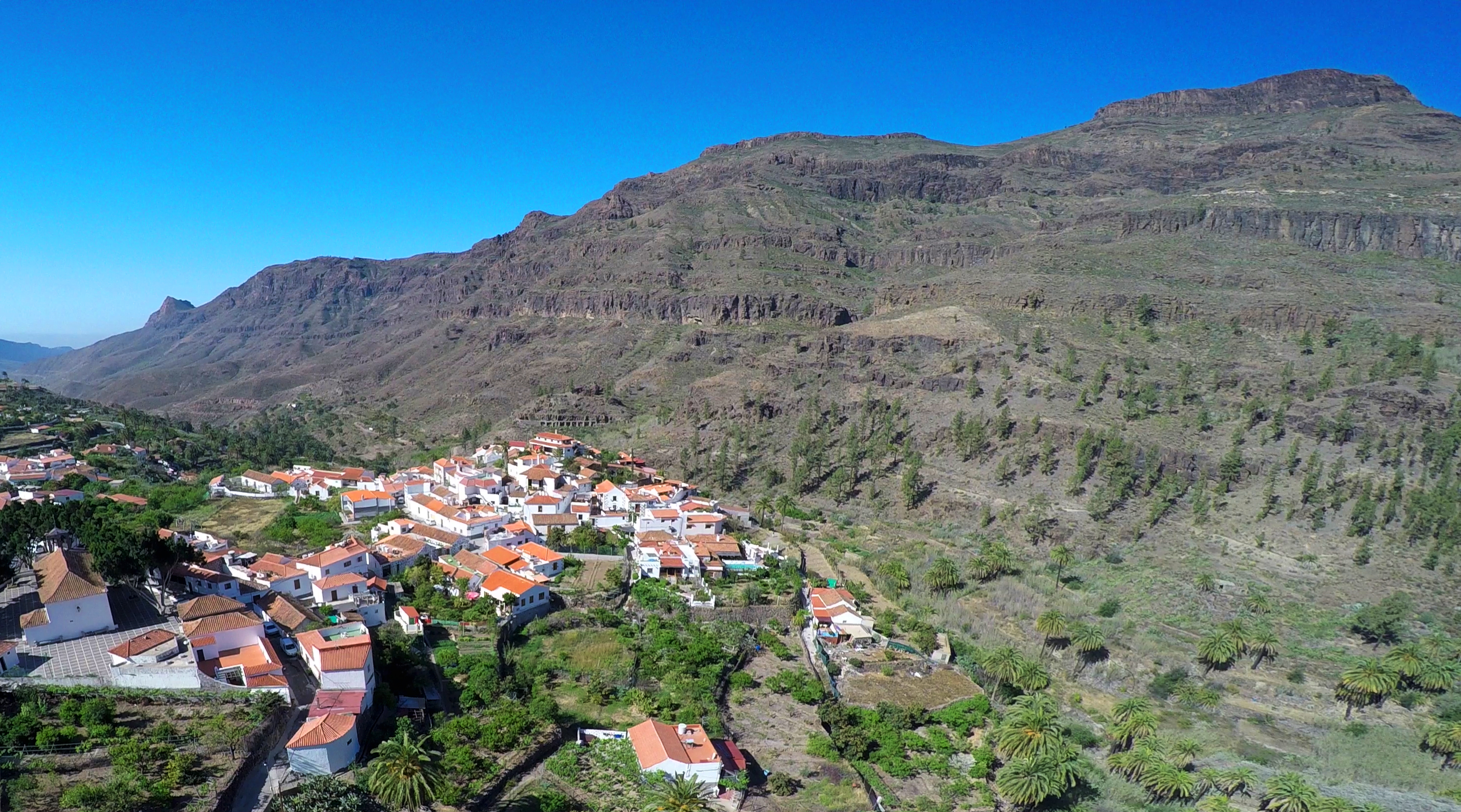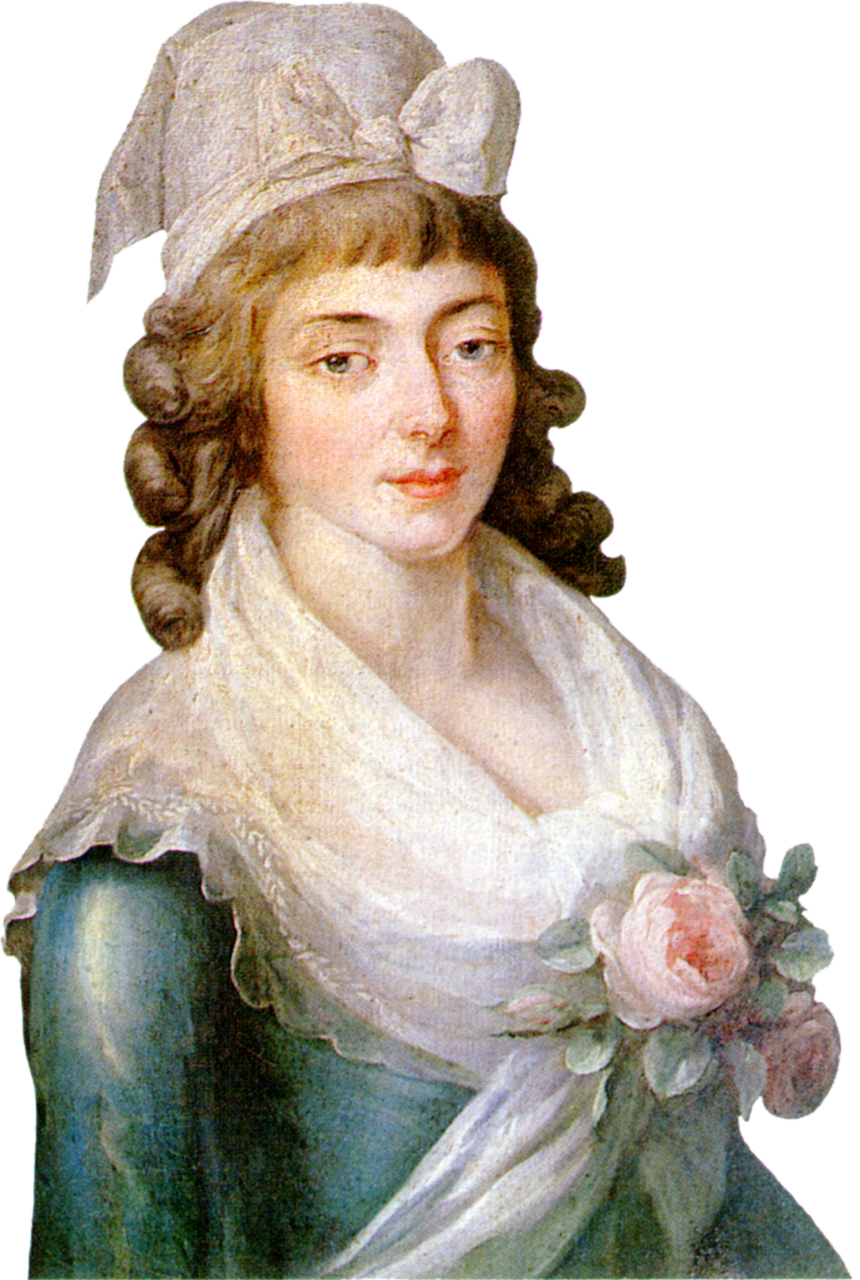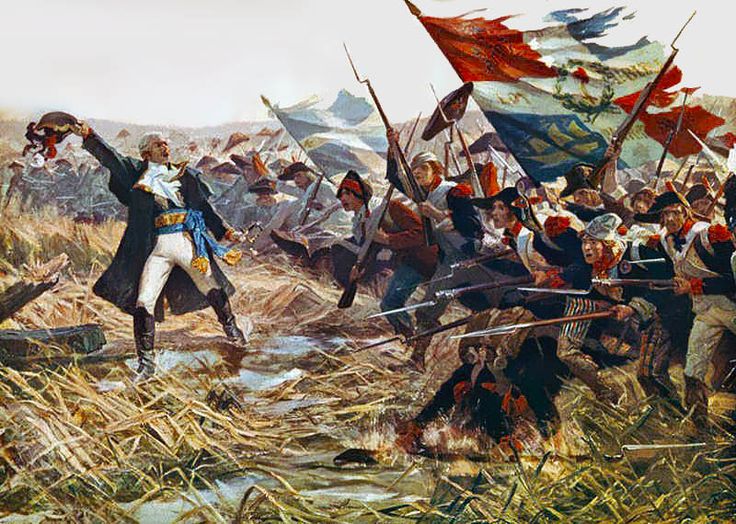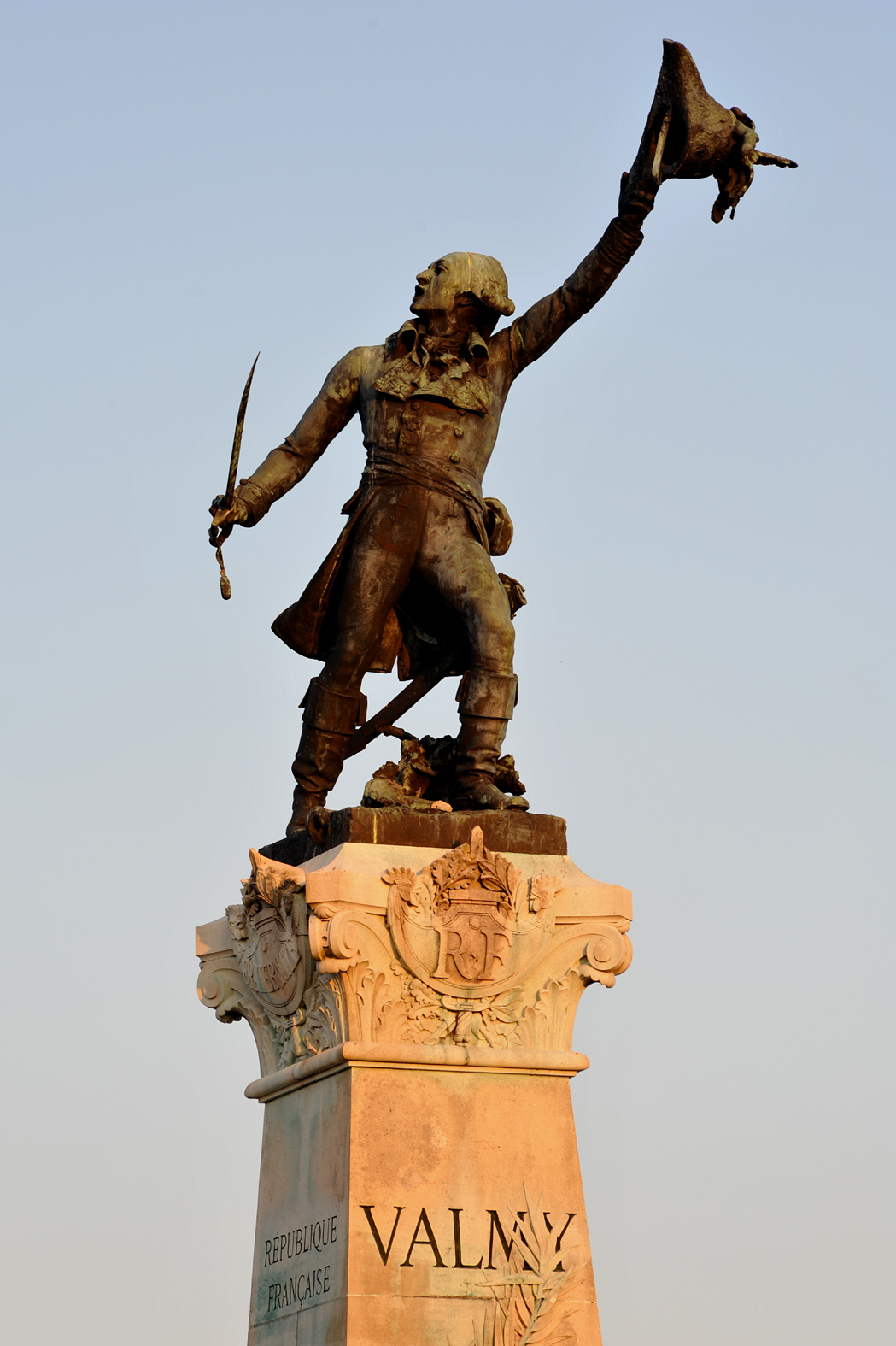|
Francisco De Miranda
Sebastián Francisco de Miranda y Rodríguez de Espinoza (28 March 1750 – 14 July 1816), commonly known as Francisco de Miranda (), was a Venezuelan military leader and revolutionary who fought in the American Revolutionary War, the French Revolution and the Spanish American wars of independence. He is regarded as a precursor of South America's liberation from the Spanish Empire, and remains known as the "First Universal Venezuelan" and the "Great Universal American". Born in Caracas in the Viceroyalty of New Granada into a wealthy family, Miranda left to pursue an education in Madrid in 1771 and subsequently enlisted in the Spanish army. In 1780, following Spain's entry into the American Revolutionary War, he was sent to Cuba and fought the British at Siege of Pensacola, Pensacola. Accused of espionage and smuggling, he fled to the United States in 1783. Miranda returned to Europe in 1785 and travelled through the continent, gradually formulating his plans for Spanish Americ ... [...More Info...] [...Related Items...] OR: [Wikipedia] [Google] [Baidu] |
First Republic Of Venezuela
The First Republic of Venezuela () was the first independent government of Venezuela, lasting from 5 July 1811, to 25 July 1812. The period of the First Republic began with the overthrow of the Spanish colonial authorities and the establishment of the Junta Suprema de Caracas on 19 April 1810, initiating the Venezuelan War of Independence, and ended with the surrender of the republican forces to the Spanish Captain Domingo de Monteverde. The congress of Venezuela declared the nation's independence on 5 July 1811, and later wrote a constitution for it. In doing so, Venezuela is notable for being the first Spanish American colony to declare its independence. History Antecedents Several European events set the stage for Venezuela's declaration of independence. The Napoleonic Wars in Europe not only weakened Spain's imperial power, but also put Britain unofficially on the side of the independence movement. In May 1808, Napoleon asked for and received the abdication of Ferdinan ... [...More Info...] [...Related Items...] OR: [Wikipedia] [Google] [Baidu] |
Venezuela
Venezuela, officially the Bolivarian Republic of Venezuela, is a country on the northern coast of South America, consisting of a continental landmass and many Federal Dependencies of Venezuela, islands and islets in the Caribbean Sea. It comprises an area of , and its population was estimated at 29 million in 2022. The capital and largest urban agglomeration is the city of Caracas. The continental territory is bordered on the north by the Caribbean Sea and the Atlantic Ocean, on the west by Colombia, Brazil on the south, Trinidad and Tobago to the north-east and on the east by Guyana. Venezuela is a presidential republic consisting of States of Venezuela, 23 states, the Venezuelan Capital District, Capital District and Federal Dependencies of Venezuela, federal dependencies covering Venezuela's offshore islands. Venezuela is among the most urbanized countries in Latin America; the vast majority of Venezuelans live in the cities of the north and in the capital. The territory o ... [...More Info...] [...Related Items...] OR: [Wikipedia] [Google] [Baidu] |
Latin
Latin ( or ) is a classical language belonging to the Italic languages, Italic branch of the Indo-European languages. Latin was originally spoken by the Latins (Italic tribe), Latins in Latium (now known as Lazio), the lower Tiber area around Rome, Italy. Through the expansion of the Roman Republic, it became the dominant language in the Italian Peninsula and subsequently throughout the Roman Empire. It has greatly influenced many languages, Latin influence in English, including English, having contributed List of Latin words with English derivatives, many words to the English lexicon, particularly after the Christianity in Anglo-Saxon England, Christianization of the Anglo-Saxons and the Norman Conquest. Latin Root (linguistics), roots appear frequently in the technical vocabulary used by fields such as theology, List of Latin and Greek words commonly used in systematic names, the sciences, List of medical roots, suffixes and prefixes, medicine, and List of Latin legal terms ... [...More Info...] [...Related Items...] OR: [Wikipedia] [Google] [Baidu] |
Canarian People
Canary Islanders, or Canarians (), are the people of the Canary Islands, an Autonomous communities of Spain, autonomous community of Spain near the coast of Maghreb, Northwest Africa. The distinctive variety of the Spanish language spoken in the region is known as ''habla canaria'' (Canary speech) or the (''dialecto'')'' canario'' (Canarian Spanish, Canarian dialect). The Canarians, and their descendants, played a major role during the conquest, colonization, and eventual independence movements of various countries in Latin America. Their ethnic and cultural presence is most palpable in the countries of Uruguay, Venezuela, Cuba and the Dominican Republic as well as the Territories of the United States, US territory of Puerto Rico. History The original inhabitants of the Canary Islands are commonly known as Guanches (although this term in its strict sense only refers to the original inhabitants of Tenerife). They are most probably descendants of the Berbers of North Africa. Th ... [...More Info...] [...Related Items...] OR: [Wikipedia] [Google] [Baidu] |
Canary Islands
The Canary Islands (; ) or Canaries are an archipelago in the Atlantic Ocean and the southernmost Autonomous communities of Spain, Autonomous Community of Spain. They are located in the northwest of Africa, with the closest point to the continent being 100 kilometres (62 miles) away. The islands have a population of 2.25 million people and are the most populous overseas Special member state territories and the European Union, special territory of the European Union. The seven main islands are from largest to smallest in area, Tenerife, Fuerteventura, Gran Canaria, Lanzarote, La Palma, La Gomera, and El Hierro. The only other populated island is Graciosa, Canary Islands, La Graciosa, which administratively is dependent on Lanzarote. The archipelago includes many smaller islands and islets, including Alegranza, Islote de Lobos, Isla de Lobos, Montaña Clara, Roque del Oeste, and Roque del Este. It includes a number of rocks, including Roque de Garachico, Garachico and Roques de ... [...More Info...] [...Related Items...] OR: [Wikipedia] [Google] [Baidu] |
Armistice
An armistice is a formal agreement of warring parties to stop fighting. It is not necessarily the end of a war, as it may constitute only a cessation of hostilities while an attempt is made to negotiate a lasting peace. It is derived from the Latin ''arma'', meaning "arms" (as in weapons) and ''-stitium'', meaning "a stopping". The United Nations Security Council often imposes, or tries to impose, ceasefire resolutions on parties in modern conflicts. Armistices are always negotiated between the parties themselves and are thus generally seen as more binding than non-mandatory UN cease-fire resolutions in modern international law. An armistice is a '' modus vivendi'' and is not the same as a peace treaty, which may take months or even years to agree on. The 1953 Korean War Armistice Agreement is a major example of an armistice which has not been followed by a peace treaty. An armistice is also different from a truce or ceasefire, which refer to a temporary cessation of ho ... [...More Info...] [...Related Items...] OR: [Wikipedia] [Google] [Baidu] |
Girondins
The Girondins (, ), also called Girondists, were a political group during the French Revolution. From 1791 to 1793, the Girondins were active in the Legislative Assembly and the National Convention. Together with the Montagnards, they initially were part of the Jacobin movement. They campaigned for the end of the monarchy, but then resisted the spiraling momentum of the Revolution, which caused a conflict with the more radical Montagnards. They dominated the movement until their fall in the insurrection of 31 May – 2 June 1793, which resulted in the domination of the Montagnards and the purge and eventual mass execution of the Girondins. This event is considered to mark the beginning of the Reign of Terror. The Girondins were a group of loosely affiliated individuals rather than an organized political party and the name was at first informally applied because the most prominent exponents of their point of view were deputies to the Legislative Assembly from the département ... [...More Info...] [...Related Items...] OR: [Wikipedia] [Google] [Baidu] |
Low Countries Theatre Of The War Of The First Coalition
The Low Countries theatre of the War of the First Coalition, also known as the Flanders campaign, was a series of campaigns in the Low Countries conducted from 20 April 1792 to 7 June 1795 during the first years of the War of the First Coalition. As the French Revolution radicalised, the revolutionary National Convention and its predecessors broke the Catholic Church's power (1790), abolished the monarchy (1792) and even executed the deposed king Louis XVI of France (1793), vying to spread the Revolution beyond the new French Republic's borders, by violent means if necessary. The First Coalition, an alliance of reactionary states representing the Ancien Régime in Central and Western Europe – Habsburg Austria (including the Southern Netherlands), Prussia, Great Britain, the Dutch Republic (the Northern Netherlands), Hanover and Hesse-Kassel – mobilised military forces along all the French frontiers, threatening to invade Revolutionary France and violently restore the m ... [...More Info...] [...Related Items...] OR: [Wikipedia] [Google] [Baidu] |
Battle Of Valmy
The Battle of Valmy, also known as the Cannonade of Valmy, was the first major victory by the army of Kingdom of France (1791–92), France during the French Revolutionary Wars, Revolutionary Wars that followed the French Revolution. The battle took place on 20 September 1792 as Kingdom of Prussia, Prussian troops commanded by the Charles William Ferdinand, Duke of Brunswick, Duke of Brunswick attempted to march on Paris. Generals François Christophe Kellermann, François Kellermann and Charles François Dumouriez, Charles Dumouriez stopped the advance near the northern village of Valmy in Champagne-Ardenne. In this early part of the Revolutionary Wars—known as the War of the First Coalition—the Legislative Assembly (France), new French government was in almost every way unproven, and thus the small, localized victory at Valmy became a huge psychological victory for the Revolution at large. The outcome was thoroughly unexpected by contemporary observers—a vindication for ... [...More Info...] [...Related Items...] OR: [Wikipedia] [Google] [Baidu] |
United States
The United States of America (USA), also known as the United States (U.S.) or America, is a country primarily located in North America. It is a federal republic of 50 U.S. state, states and a federal capital district, Washington, D.C. The 48 contiguous states border Canada to the north and Mexico to the south, with the semi-exclave of Alaska in the northwest and the archipelago of Hawaii in the Pacific Ocean. The United States asserts sovereignty over five Territories of the United States, major island territories and United States Minor Outlying Islands, various uninhabited islands in Oceania and the Caribbean. It is a megadiverse country, with the world's List of countries and dependencies by area, third-largest land area and List of countries and dependencies by population, third-largest population, exceeding 340 million. Its three Metropolitan statistical areas by population, largest metropolitan areas are New York metropolitan area, New York, Greater Los Angeles, Los Angel ... [...More Info...] [...Related Items...] OR: [Wikipedia] [Google] [Baidu] |
Siege Of Pensacola
The siege of Pensacola, fought from March 9 to May 10, 1781, was the culmination of Spain's conquest of West Florida during the Gulf Coast Campaign of the American Revolutionary War. The siege was commanded by Bernardo de Gálvez, whose nearly 8,000 troops ultimately overran the British forces in the region. The success of the siege resulted in Gálvez' promotion to governor of West Florida and Louisiana. Background When Spain entered the American Revolutionary War in 1779, Bernardo de Gálvez, the energetic governor of Spanish Louisiana, immediately began offensive operations to gain control of West Florida beginning with his assault at Fort Bute. In September 1779 he gained control over the lower Mississippi River by capturing Fort Bute and then shortly thereafter obtaining the surrender of the remaining forces following the Battle of Baton Rouge. He followed up these successes with the capture of Mobile on March 14, 1780, after a brief siege. Gálvez began planning an ... [...More Info...] [...Related Items...] OR: [Wikipedia] [Google] [Baidu] |
Cuba
Cuba, officially the Republic of Cuba, is an island country, comprising the island of Cuba (largest island), Isla de la Juventud, and List of islands of Cuba, 4,195 islands, islets and cays surrounding the main island. It is located where the northern Caribbean Sea, Gulf of Mexico, and Atlantic Ocean meet. Cuba is located east of the Yucatán Peninsula (Mexico), south of both Florida and the Bahamas, west of Hispaniola (Haiti/Dominican Republic), and north of Jamaica and the Cayman Islands. Havana is the largest city and capital. Cuba is the List of countries and dependencies by population, third-most populous country in the Caribbean after Haiti and the Dominican Republic, with about 10 million inhabitants. It is the largest country in the Caribbean by area. The territory that is now Cuba was inhabited as early as the 4th millennium BC, with the Guanahatabey and Taino, Taíno peoples inhabiting the area at the time of Spanish colonization of the Americas, Spanish colonization ... [...More Info...] [...Related Items...] OR: [Wikipedia] [Google] [Baidu] |
